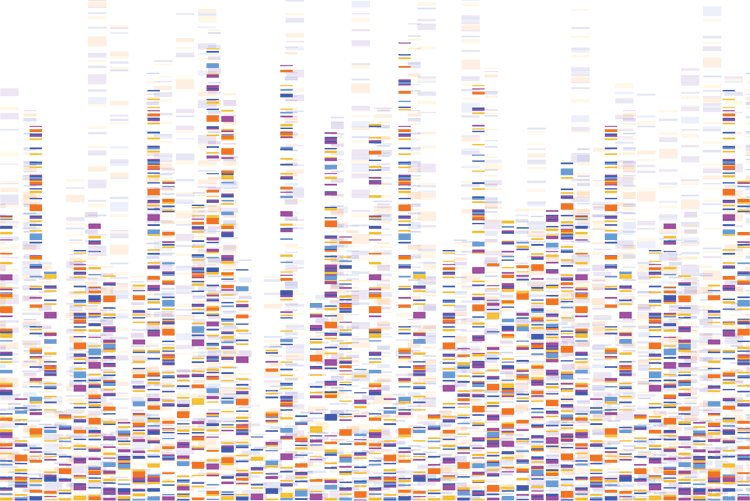Direct-to-consumer (DTC) genetic testing has come a long way in popularity, but it still has a long way to go in accuracy. As of February 2019, more than 26 million consumers had tried DTC genetic testing to learn more about their ancestry or uncover genetic mysteries. Data from MIT Technology Review found the total of people trying recreational genetic testing more than doubled from 2017 to 2018 alone, up sharply from only 330,000 testers in 2012.
However, a 2018 study published in Genetics in Medicine by clinical testing lab Ambry Genetics found these DTC genetic tests had a 40% false positive rate. In addition, 17% of variants in raw data from DTC tests were misinterpreted as high risk. “That was really compelling to us and a little bit scary,” says Emily Dalton, MS, CGC, director of genetic specialists at Ambry Genetics.
To read the full article, click here.

